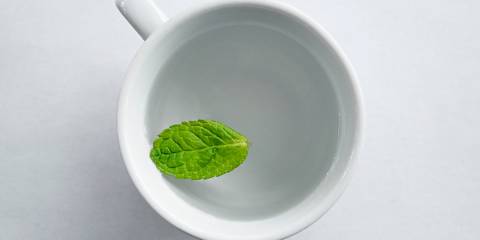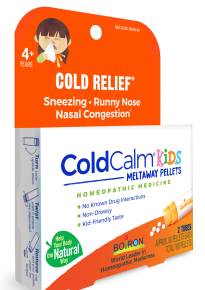Whether you think of them as windows to the soul or as complex ocular organs, the eyes are our principal means of taking in the world. They get a lot of use: reading, driving, watching over children—not to mention staring at all those big and little screens we spend so much time hovered over.
In fact, other than eight or so daily hours of sleep time and the occasional mid-afternoon breather, our peepers are on constant duty. Jeepers creepers! That’s a lifetime of steady—and frequently straining—eye work.
Luckily, there are steps we can take to increase the chances that our vision stays clear and sharp as we age.
Get regular eye exams (the American Academy of Ophthalmology recommends an eye disease screening at age 40), exercise, and eat a balanced diet. To help protect your sight and prevent diseases of the eye including glaucoma, age-related macular degeneration (AMD), and cataracts, incorporate these supplements into your daily regimen.
The View on Vitamins
Beta carotene (a form of vitamin A), vitamins C and E, and the mineral zinc are all important nutrients for healthy eyes. A 2010 study of the effects of antioxidants, micronutrients, and plant chemicals on the progression of eye diseases concluded that supplements of vitamins A, C, and E, along with zinc, may work to prevent advanced age-related macular degeneration in people at high risk for the disease.
Other research indicates there may be a link between glaucoma and deficiencies in vitamins C and E.
Ogle Omegas
Found in fish oil, flaxseed oil, canola oil, and walnut oil, omega-3 fatty acids may lower the risk of cataracts and prevent the progression of macular degeneration. A 10-year study of 3,654 elderly Australians showed diets including fish and omega 3s may protect against early age-related macular degeneration. A shorter study, in which healthy people aged 45 to 77 were given 90 days of supplementation with either a placebo or the omega 3 docosahexaenoic acid (DHA), found that those in the DHA group who wore corrective lenses experienced sharper vision after the treatment.
Ante Up with Antioxidants
With anti-inflammatory and antioxidant properties, lutein and zeaxanthin make up the pigment of the macula, a part of the retina that’s critical to sharp vision. Studies have shown that supplementation with these two carotenoids—natural red, yellow, orange, and green pigments found in fruits and vegetables —can help reduce symptoms of visual fatigue and improve vision, particularly contrast sensitivity, in people who spend long hours in front of a computer screen. They can also help protect your eyesight into the future. A scientist at the Pennsylvania College of Optometry reviewed studies on dietary supplements to promote eyesight and eye health, and concluded that the research supports the use of lutein and zeaxanthin “to promote optimal visual function and decrease risk for AMD and cataracts.”



